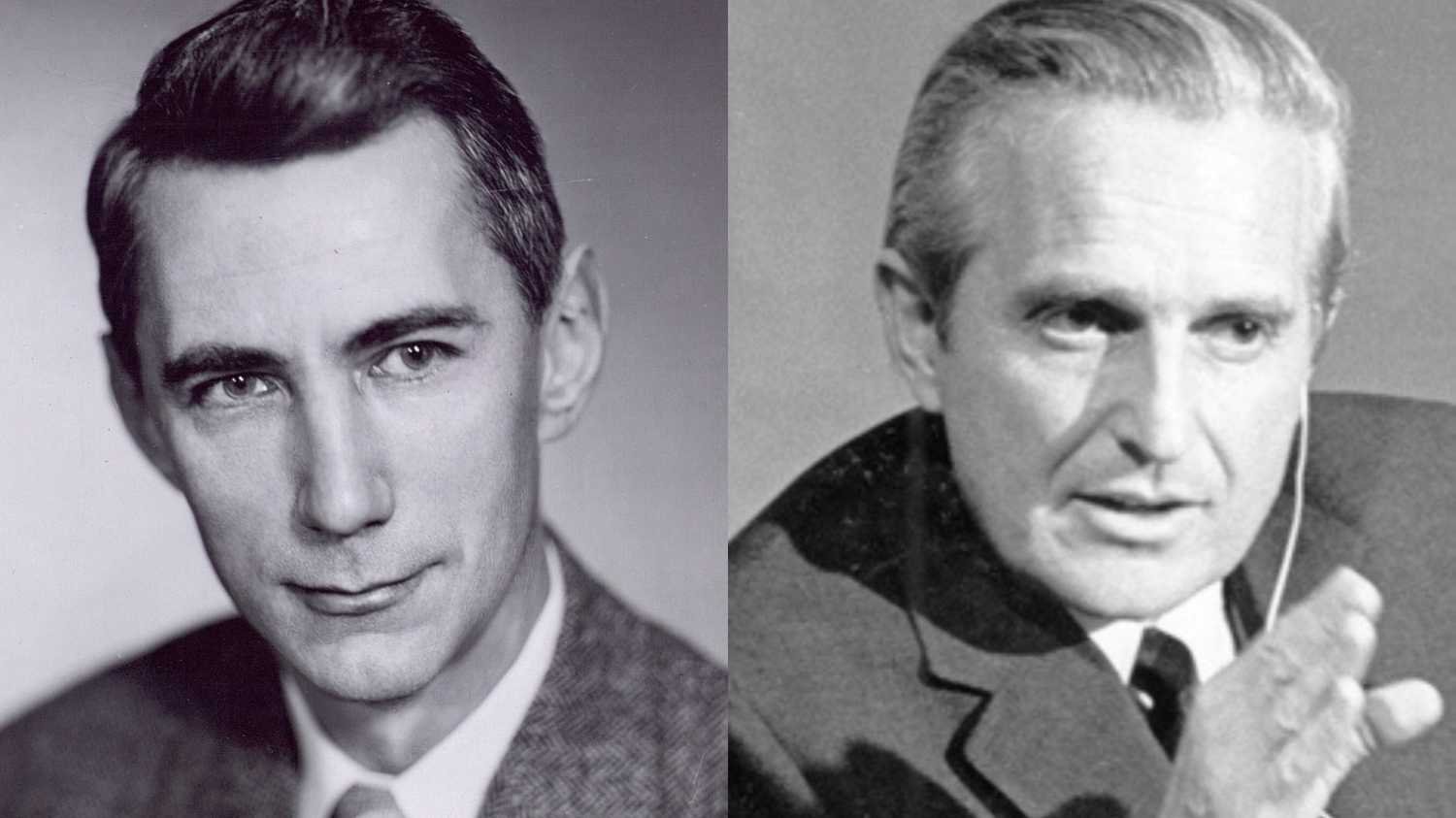The Unsung Heroes Who Shaped Our Digital World
When people think about technology pioneers, names like Steve Jobs, Bill Gates, and Mark Zuckerberg usually come to mind. However, the foundation of modern computing and networking was built by brilliant innovators whose contributions often go unrecognized. These forgotten heroes developed groundbreaking technologies that power everything from your morning internet browsing to the smartphone in your pocket.
The following five technology visionaries didn’t just create cool gadgets—they fundamentally changed how computers think, communicate, and interact with humans. Their innovations became the invisible backbone of our connected world, yet their stories remain largely untold outside academic circles.
1. Radia Perlman: The Mother of the Internet
Why She’s Revolutionary
Radia Perlman earned the nickname “Mother of the Internet” by solving one of networking’s most complex problems. Her Spanning Tree Protocol (STP) prevents network loops that could crash entire systems, making modern internet infrastructure possible.
How Her Innovation Works
Before Perlman’s breakthrough, computer networks were fragile and prone to catastrophic failures. Her spanning tree algorithm allows networks to have multiple pathways for data while preventing infinite loops that would overwhelm the system. Think of it as creating smart traffic rules for data highways.
Fascinating Facts About Her Legacy
- Created her protocol in 1985 while working at Digital Equipment Corporation
- Her algorithm is still used in virtually every network switch worldwide today
- Holds over 100 patents in networking and security technologies
- Designed network protocols that are more efficient than many modern alternatives
- Once wrote a poem to explain the Spanning Tree Protocol, making complex networking concepts accessible
2. Claude Shannon: The Father of Information Theory
Why He’s a Genius
Claude Shannon didn’t just contribute to technology—he created an entirely new scientific field. His mathematical theory of communication became the foundation for all digital technology, from computers to smartphones.
How His Work Changed Everything
Shannon proved that all information could be encoded using just binary digits (0s and 1s). His work established the mathematical principles behind data compression, error correction, and digital communication. Without Shannon’s theories, modern computing simply wouldn’t exist.
Mind-Blowing Achievements
- Invented the concept of the “bit” as a unit of information
- His master’s thesis connected Boolean algebra to electrical circuits, enabling digital computers
- Created the first chess-playing computer program in 1950
- Developed error-correcting codes that make reliable digital communication possible
- His juggling hobby led to insights about robotics and artificial intelligence
3. Mark Dean: The PC Architecture Pioneer
Why He’s Essential to Computing
Mark Dean co-invented the personal computer architecture that became the industry standard. His work at IBM directly enabled the creation of affordable home computers that transformed society.
How His Innovations Work
Dean helped develop the Industry Standard Architecture (ISA) bus, which allows different computer components to communicate effectively. He also contributed to the creation of the color PC monitor and improved microprocessor designs that made computers faster and more efficient.
Remarkable Contributions
- Co-holds three of IBM’s original nine PC patents, including the fundamental computer architecture
- Led the team that created IBM’s first gigahertz processor
- Helped design the original IBM PC that set industry standards
- His architectural innovations are still used in billions of computers worldwide
- First African American IBM fellow and recipient of numerous technology awards
4. Elizabeth Feinler: The Internet’s First Directory
Why She’s Crucial to Online Life
Long before Google existed, Elizabeth Feinler created the first internet directory system. She managed the early internet’s address system and established many conventions still used in web addresses today.
How She Organized the Web
Feinler ran the Network Information Center (NIC) at Stanford Research Institute, which served as the internet’s first phone book. She and her team manually assigned domain names and IP addresses, creating the foundation for today’s Domain Name System (DNS).
Pioneering Achievements
- Managed the first internet registry from 1972 to 1989
- Created the .com, .org, .net domain system that we still use today
- Her team published the first internet directory and resource guides
- Established standardized protocols for domain name assignment
- Her work enabled millions of websites to have memorable, organized addresses
5. Douglas Engelbart: The Computer Interface Visionary
Why He’s a User Experience Pioneer
Douglas Engelbart didn’t just invent the computer mouse—he envisioned and created the entire concept of interactive computing. His ideas about human-computer collaboration were decades ahead of their time.
How His Vision Transformed Computing
Engelbart’s famous “Mother of All Demos” in 1968 introduced concepts that seemed like science fiction: computer mice, windows, hypertext, video conferencing, and collaborative editing. These innovations fundamentally changed how humans interact with computers.
Game-Changing Inventions
- Invented the computer mouse in 1964, originally called an “X-Y position indicator”
- Created the first graphical user interface with windows and menus
- Developed hypertext systems that inspired the World Wide Web
- Pioneered video conferencing and remote collaboration tools
- His research lab produced technologies that shaped Silicon Valley for decades
The Legacy Lives On
Why These Stories Matter
These five technology pioneers prove that innovation often comes from unexpected places. Their contributions remind us that behind every “overnight success” in technology lies decades of foundational work by brilliant minds who rarely seek the spotlight.
Understanding their stories helps us appreciate the complex ecosystem of innovation that makes modern technology possible. Moreover, recognizing these diverse voices—including women and underrepresented minorities—provides inspiration for the next generation of technology creators.
The next time someone claims technology appeared overnight, remember these pioneers who spent years solving seemingly impossible problems. Their persistence, creativity, and vision created the digital world we inhabit today, proving that the most transformative innovations often come from those willing to work in the shadows of history.

